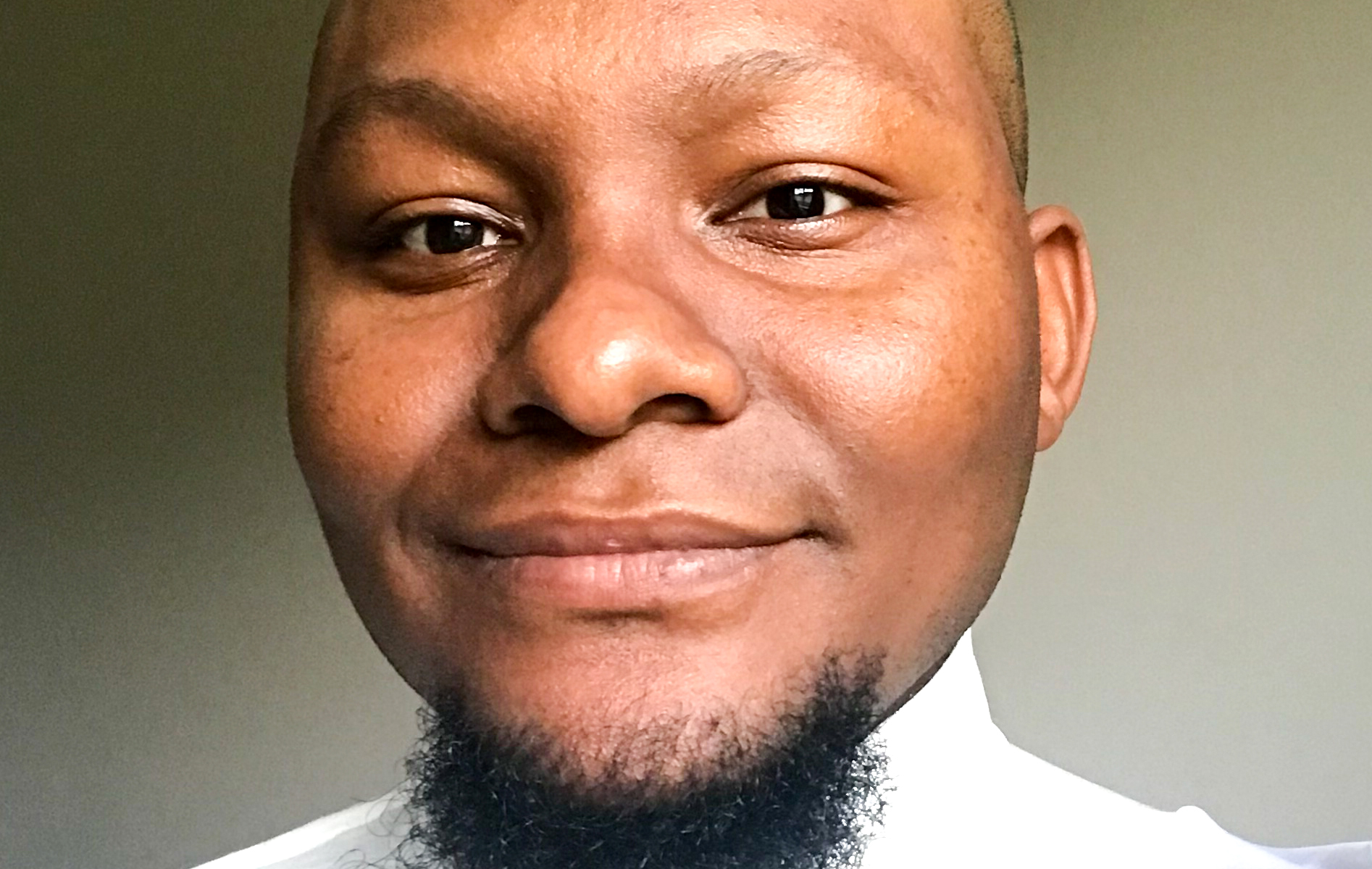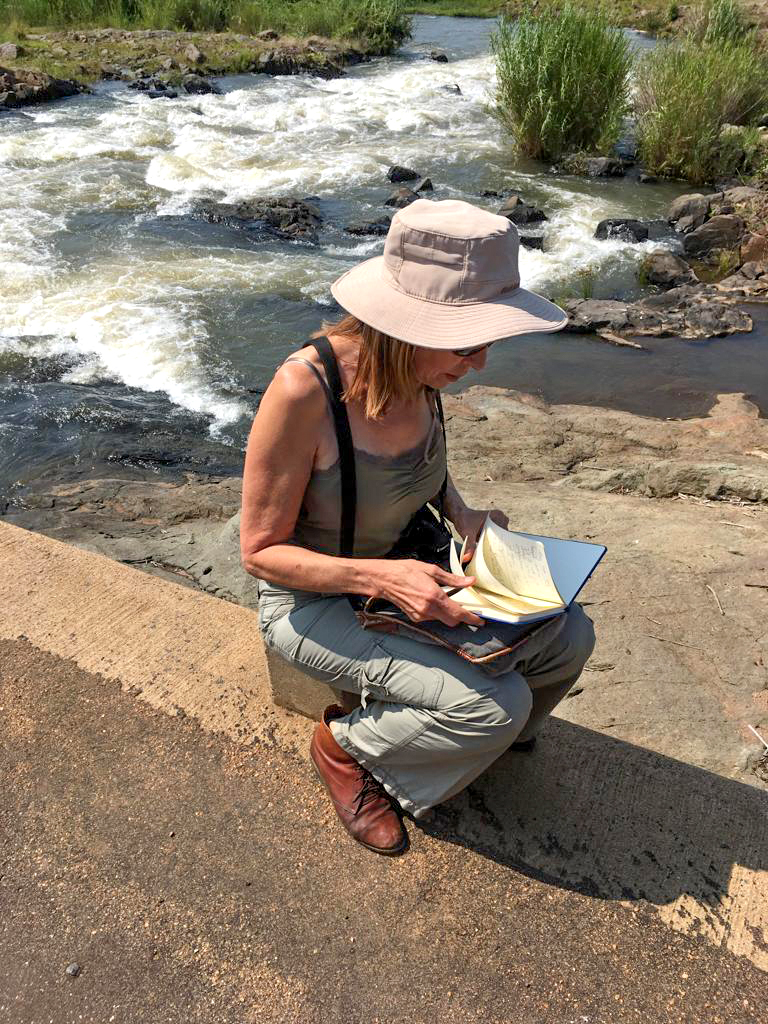Journalism can be a hard taskmaster. Relentless deadlines and newsrooms that are stretched drum-tight mean that members of the media must sometimes sacrifice time to get the job done.
Just ask award-winning environmental reporter Elise Tempelhoff, who recalls busting open her laptop to file at a friend’s funeral.
“I sat with my computer in the service. And while the priest said a prayer, I had to write a story. So you know… (it’s) very difficult – you have to do everything.”
Tempelhoff was speaking at a recent Tipping Points webinar hosted by Oppenheimer Generations Research & Conservation to find ways to bridge the communication gap between science and the public.
https://youtu.be/pvLAKIh6A7Y
She told delegates – a diverse group which included scientists, conservationists and communications specialists – of some of the difficulties her job entailed. Time was the enemy, which meant only the executive summaries of the weighty research reports that landed on her desk got a proper read. Most of it she skims.
Tempelhoff said she prized scientists who explained their research in terms intelligible to a teen. But she stressed that journalists remained duty-bound to understand what they were writing about.
It emerged strongly at the webinar that a chasm of misunderstanding separated science and environmental journalists from the researchers they write about.
Certainly, phytochemist Dr Nehemiah Latolla’s experience with the media suggests as much. Or to put it differently: the boffins, the men and women in lab coats, and the hacks – those ink-stained and digital media folk – have very different expectations.
Latolla, who was the webinar’s other guest speaker, is a post-doctoral researcher at Nelson Mandela University. His particular area of interest is finding local plant-based treatments for diabetes.
 Phytochemist Dr Nehemiah Latolla is on the hunt for plant-based treatments for diabetes. (Photo: Supplied)
Phytochemist Dr Nehemiah Latolla is on the hunt for plant-based treatments for diabetes. (Photo: Supplied)
He recalled being interrogated by a television journalist for Newsroom Central in Nigeria.
“When will your drug be available?” the reporter asked Latolla, who had been explaining work that was still at a very early stage in what was a long process of taking samples from the field and trying to turn these into market-ready medicines.
The exchange proved a light-bulb moment for Latolla. It made him think about the way he communicated.
“How I was trained as a scientist to share my findings was not accessible to the public. Nor was it compatible with the way in which the media disseminated research or stories,” he said.
Science is a complex endeavour. Researchers generally concentrate on what may be only a tiny part of a much bigger picture, but “media might be uninterested in the niches of scientists, but more in the context”.
Latolla spoke about the “So what?” question journalists frequently posed in interviews as they sought to find the bigger meaning in a piece of research, and how this often put scientists in an awkward spot.
He said scientists were trained to let the findings speak for themselves; to communicate science without bias.
“We are not pastors in a great crusade trying to save your soul from eternal damnation. We are simply communicating findings, hopefully without any bias,” he said.
Communication mismatch
Webinar facilitator Rob Inglis suggested there was a mismatch between journalists and scientists when it came to communication. Might there be a way for them to find common ground, and in doing so, better reach audiences desperate to understand scientific information?
“Researchers and journalists have different priorities, sensitivities and rhythms. Quite often they don’t speak the same language,” said Inglis.
Tempelhoff said it was important that journalists grasped the essence of what scientists were saying so they could properly communicate the meaning to their audience.
“In my line of work I have to think critically and analyse the information that has been given to me,” she said.
It helped too if scientists could talk about their work in very clear terms.
“It must be as easy as explaining something to a Grade 10 pupil. I can’t write something that is not understandable,” she said.
Digital revolution
“Dramatic and traumatic,” was how Tempelhoff described changes to the print media industry wrought by the digital revolution over the past decade or more.
Tempelhoff is a freelance journalist for Beeld, Volksblad and Die Burger. She has years of experience in writing for Media24’s Afrikaans-language titles.
“In 2014 there was a dramatic change in that our editors and managers decided stories must first be on the web,” Tempelhoff recalled. Only once the breaking news story has been posted online will she turn her attention to writing a more detailed story, with context and comments, for the group’s newspapers.
With these changes to the media increasing the pressure on journalists – combined with a reluctance on the part of many scientists to engage with journalists – poor communication is perhaps to be expected. But efforts must be made to improve matters.
“It’s very important that scientists and journalists communicate with one another. It is important for scientists to come up to journalists,” said Tempelhoff.
She said that when she approached a science story, she wanted to get to the heart of the matter. She wanted to know why the particular science being done was important. In almost all cases, it was to improve the human condition. Why wouldn’t scientists want this to be communicated?
‘Overselling’ fears
The winner of last year’s FameLab, an international science communication competition, Latolla countered that researchers were all too aware of the ramifications of their work, but were reluctant to “oversell” it. The media, meanwhile, “tends to be concerned with the next big thing”.
He concedes, however, that researchers were quick to shed their reticence when they recognised it was in their direct interest.
“Scientists have no problem stating implications when it comes to funding, so maybe they should take a step back and reflect on this factor,” he quipped.
Latolla said another reason scientists were guarded when questioned by journalists was out of concern not to “feel as if you are overstating your presence, or stepping on people’s toes. The science environment is about collaboration”.
But whatever the cause, the reluctance to communicate by many scientists left the podium open (including to politicians) at times when the public needed reliable commentary. Here he mentioned the Covid pandemic; a time when scientists were either not effective in their communication or were simply not telling their story.
“As scientists, we need to learn how to communicate our research more effectively. Research worth pursuing is research worth sharing,” said Latolla.
He said the digital era has made it easier for scientists to communicate research to the public more directly and suggested scientists make better use of social media platforms to reach a broader audience.
Inglis felt building trust between scientists and journalists was crucial to communicating with the public. Science communicators, journalists and scientists needed to grapple with the question: “How do we bring back a human connection when we tell stories about science?” DM/OBP
The next Tipping Points webinar, Top tips for researchers, on 30 March, will consider what makes a good proposal for scientists who want to apply for the annual $150,000 Jennifer Ward Oppenheimer research grant. The grant is awarded to an early-career scientist whose research facilitates solutions to African challenges with a strong link to conservation and biodiversity.
Maxcine Kater is a marine scientist enrolled on Roving Reporters New Narratives training project – a joint collaboration with Jivé Media Africa. For further information on the training project WhatsApp Roving Reporters director, Fred Kockott, on +27 83 277 8907 or email fredk@rovingreporters.co.za.




 Phytochemist Dr Nehemiah Latolla is on the hunt for plant-based treatments for diabetes. (Photo: Supplied)
Phytochemist Dr Nehemiah Latolla is on the hunt for plant-based treatments for diabetes. (Photo: Supplied)